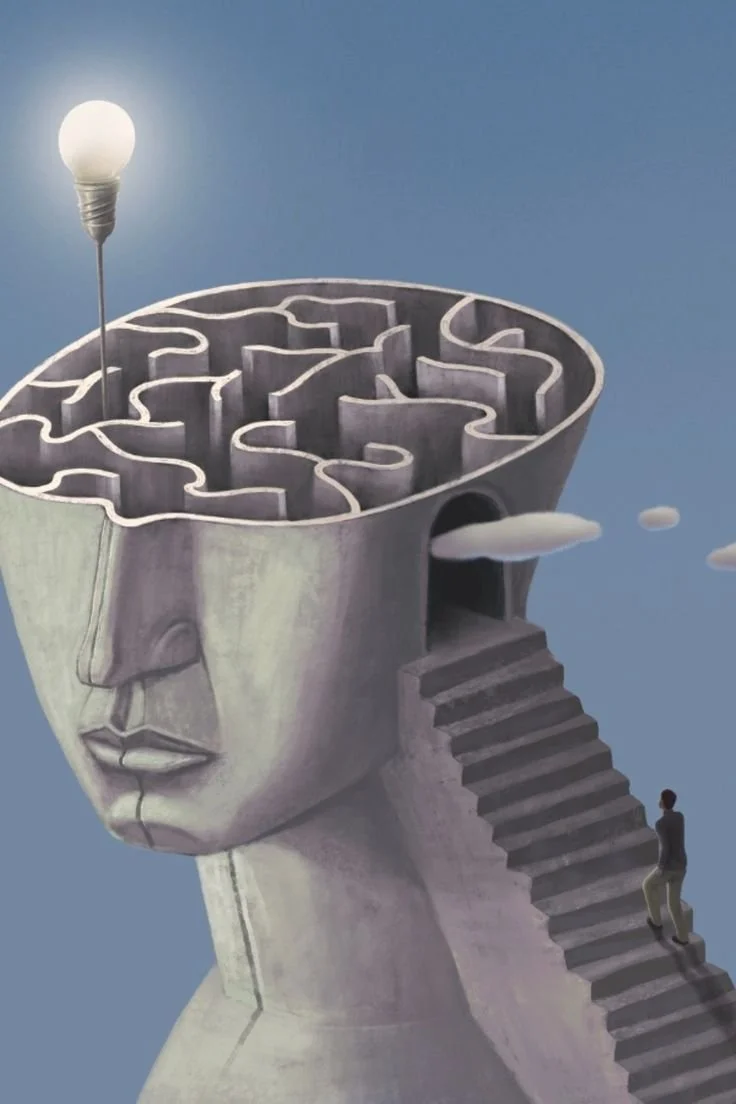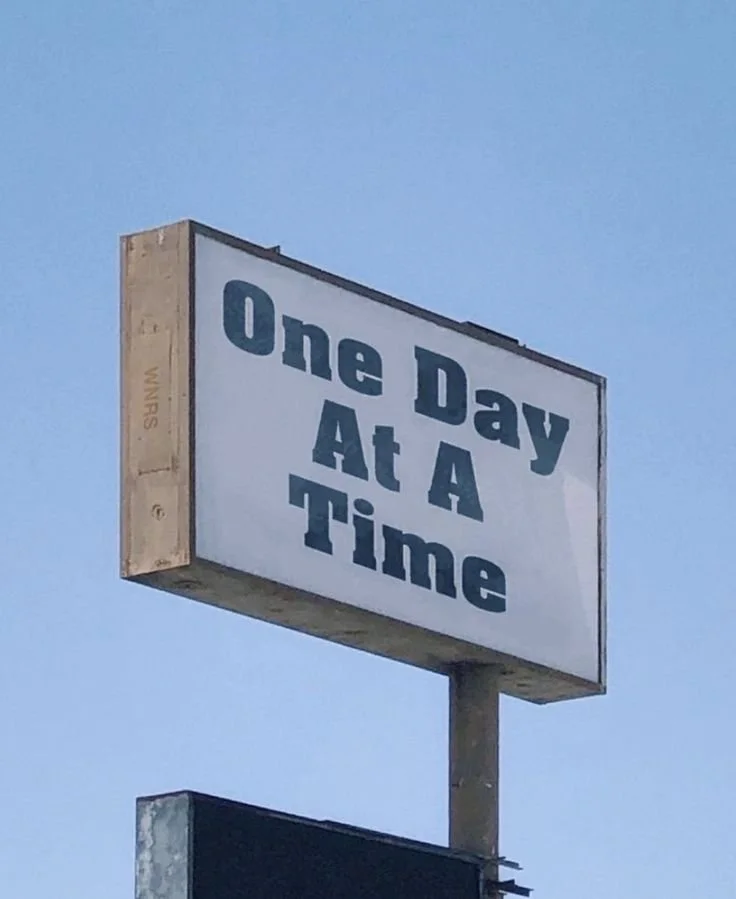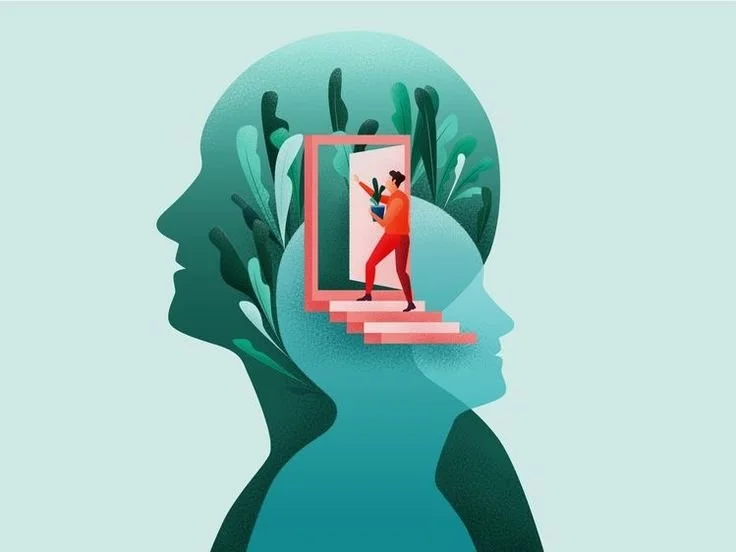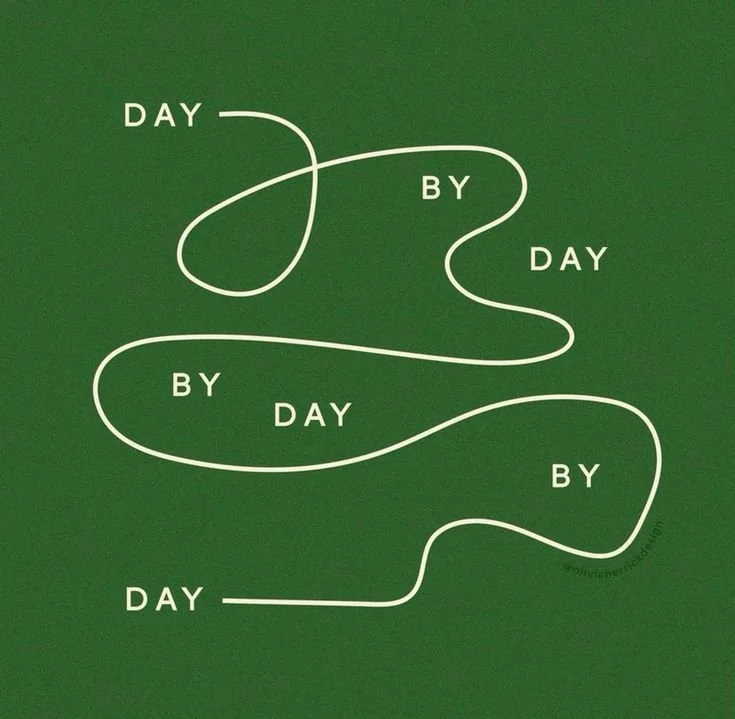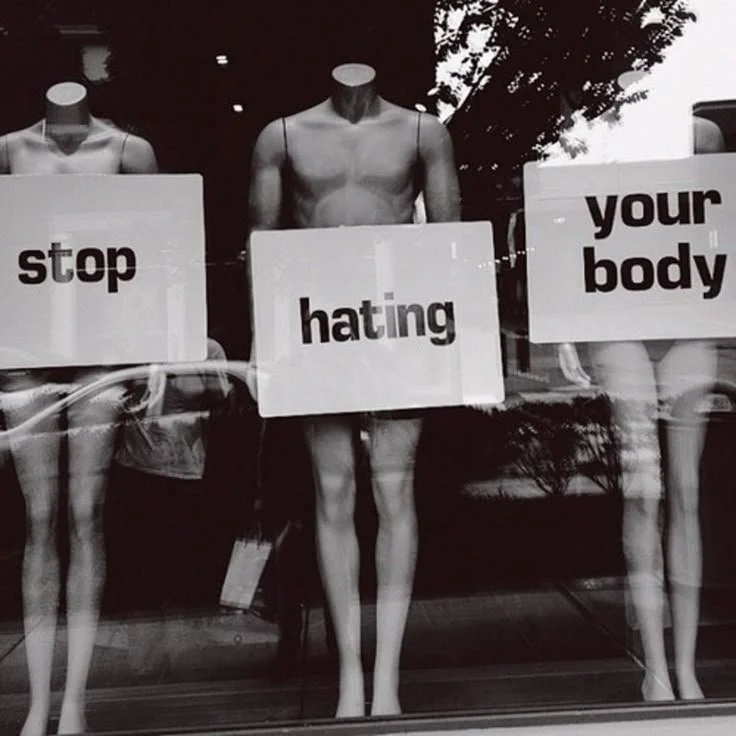The Quiet Strength You Built This Year
You don’t need a highlight reel to prove you grew.
You don’t need visible milestones to validate your strength.
You don’t need to justify how this year changed you.
The quiet strength you built lives in how you show up now - with more awareness, more discernment, and more compassion for yourself.
Carry that forward. It’s enough.
The Quiet Strength of Stoicism: Learning to Stay Steady in an Unsteady World
There’s something deeply grounding about remembering that not everything demands your reaction, your control, or your fixing.
Sometimes, all that’s required is presence.
A slow breath.
A simple, quiet choice to remain steady in the storm.
And maybe that’s where the real power lies - in meeting life, moment by moment, with a calm heart and a clear mind.
Because in the end, stoicism isn’t about closing yourself off.
It’s about opening yourself up - to what you can control, to what you can change, and to the peace that comes from letting the rest go.
The Pressure to Be Okay: Letting Go of the Need to Feel Fine All the Time
There is strength in softness. There is courage in honesty. And there is grace in admitting that sometimes, we’re not okay - and that’s okay.
When we stop striving to look “fine,” we begin to live more authentically.
We reconnect with our humanity - the tender, resilient, imperfect parts that make us real.
So, if today feels heavy, take a breath.
You don’t have to have it all together.
You don’t have to be okay to be worthy of care, rest, or compassion.
Sometimes, simply allowing yourself to not be okay - is the most healing thing you can do.
The Healing No One Sees: Private Victories That Deserve to Be Named
Not all progress is loud. Some healing is quiet, sacred, and only you know it happened.
There are moments in your healing journey that no one notices.
No one claps.
No one congratulates you.
No one even knows they happened.
But you do.
And those moments matter—more than anyone could possibly understand.
Healing Doesn’t Always Look Like Progress: The Hidden Parts of Getting Better
Some days in healing, you bloom. Other days, you just breathe. And both matter.
We often imagine healing as a straight path — marked by visible milestones, clear transformations, and linear growth. We expect ourselves to feel “better” every week, to keep moving forward, to have something tangible to show for all the effort we’re putting in.
But real healing?
It’s messy.
It’s slow.
And more often than not, it doesn’t look like progress at all.
The Psychology of Addiction: Understanding the Mind’s Cravings
At its core, addiction is not about weakness. It’s about the brain learning that a certain substance, behavior, or experience provides intense relief, pleasure, or distraction. Whether it’s alcohol, social media, food, nicotine, gambling, or even work — the addictive loop starts when the brain begins to associate that “thing” with comfort, escape, or control in an otherwise unpredictable world.
Many people don’t realize that addiction is not just about “getting high” — it’s about feeling less pain, less emptiness, less chaos. When we feel anxious, numb, rejected, unsafe, or overwhelmed, the brain craves something to soothe us quickly. Over time, this shortcut becomes a trap.
If you or someone you love is struggling with addiction, know this — you are not weak, and you are not alone. The brain is not the enemy; it’s doing its best to protect you. But it may be using outdated strategies.
With the right support, awareness, and willingness to face the pain underneath the cravings, recovery becomes more than possible. It becomes a radical act of self-compassion.
The Psychology of Body Image: How to Build Self-Acceptance
Body image isn’t really about the body.
It’s about how we feel about the body.
How we were taught to see ourselves. How we've come to believe we must look to be accepted, loved, or even just… enough.
And in a world that often sells beauty as a currency of worth, the way we view our own bodies can quietly shape our confidence, our relationships, our eating habits, and even our willingness to take up space.
But body image is not fixed.
Like any belief, it can evolve.
With compassion, awareness, and psychological insight, we can learn to stop fighting our bodies—and start coming home to them.



